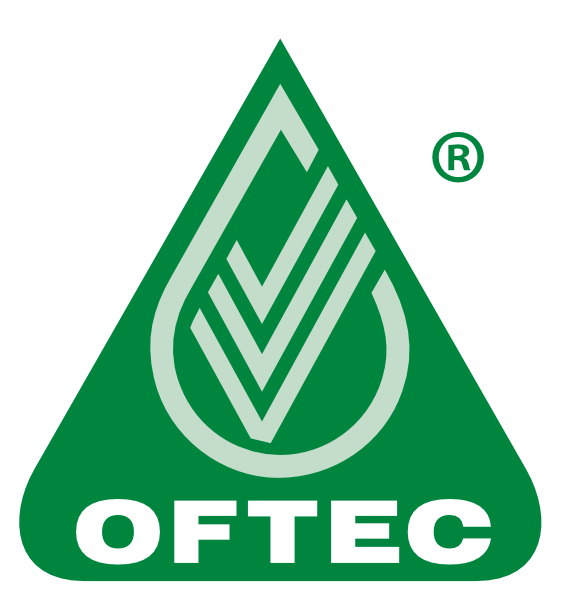Government must prioritise sustainable biofuels as 46% of households still reliant on high
carbon liquid fuel heating systems - The Alliance for Zero Carbon Heating
Ireland’s 2030 climate targets are at risk, with 46% of households continuing to rely on high carbon liquid fuel heating systems, according to the Alliance for Zero Carbon Heating.
Census data spanning from 2011 to 2022 reveals that Ireland’s transition away from high carbon
fuels for home heating is lagging. The figures highlight a notable surge in homes using oil for heating since 2016, with an increase of 28,173 households now utilising oil, bringing the total to 714,177. For rural homes, decarbonising poses additional challenges as they heavily depend on high carbon heating methods.
As of the end of 2022, only 39% of Ireland's housing stock, equivalent to 827,634 homes, possessed a valid energy efficiency rating (BER) and less than 20% of these homes had ratings of B2 or higher.This situation poses a significant obstacle to the success of both the National Residential Retrofit
Plan and the Climate Action Plan. Given the failure to meet established targets, it's evident that
supplementing existing policies and integrating soltuions such as retrofitting and heat pumps with
alternative lower-carbon solutions, such as biofuels, is crucial.
Furthermore, replacing non-condensing boilers with new and more effective units acts as an
additional solution parallel to retrofitting and heat pumps. achieved immediately and at a fraction of the cost. Replacing 386,000 outdated boilers with modern, condensing models, promises a
substantial reduction of 650,000 tonnes of CO2.
Another recent Alliance report conducted by AECOM highlighted that blending 50% biofuel with
home heating oil presents a cost-effective alternative to air source heat pumps, resulting in greater carbon emission reductions. These advanced, synthetic and biofuels have demonstrated potential in emission reduction, similar to their success in curbing pollution from road transport. evertheless, sustainable fuels like Hydrotreated Vegetable Oil (HVO) are currently categorised as vehicular fuel and subject to vehicle fuel taxation.
Spokesperson for the Alliance and Chief Executive of Fuels for Ireland, Kevin McPartlan, stated, “If we're serious about meeting our climate targets, it's crucial for the Government to acknowledge thevital role of sustainable biofuels in offering consumers a practical and much-needed alternative.
“Exploring all options is crucial to help homes reduce emissions without unfairly burdening those with limited funds. We had the Renewable Heat Obligation (RHO) proposals last year using only a 2% initial rate. Our industry has proposed much higher targets using low carbon fuels and mechanisms already in place for transport. We can do much better than this to meet emission reduction targets."
Alliance member and OFTEC Ireland Manager, David Blevings, added, “We have the solutions, like HVO, which is cost-effective and, with the right incentives, could be easily adopted, enabling
households currently using kerosene for heating to initiate a significant move toward reducing
carbon emissions."
Alliance member and Irish representative of UKIFDA, Nicholas Hayes, stated, “A one size fits all
approach to decarbonisation of home heating particularly for rural homes will not meet our targets, we need to provide rural consumers with choices which are both practical and affordable while meeting carbon emission reductions – the use of existing equipment and the skills base already in place is a compelling alternative.
